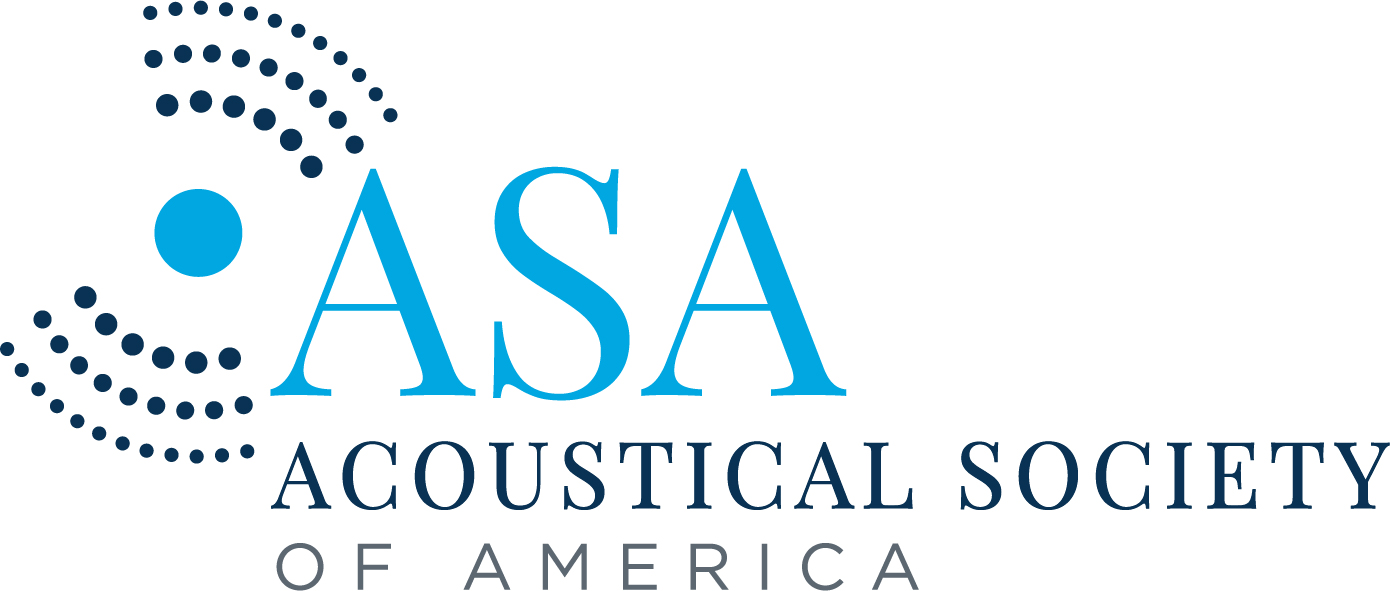Analyzing Androgynous Characteristics in an Emperor Penguin Courtship Call #ASA186
A SeaWorld San Diego penguin with an unconventional call inspires researchers to change how they study penguins.
Media Contact:
AIP Media
301-209-3090
media@aip.org
OTTAWA, Ontario, May 15, 2024 – An emperor penguin’s sex determines the nature of their courtship call – male vocalizations are composed of long, slow bursts with lower frequency tones than the female version. But calls of SeaWorld San Diego male penguin E-79 caught the attention of researchers by defying this binary. Also unusual was this penguin’s male companion, E-81. The pair “kept company” and sometimes exhibited ritual courtship displays.
Researchers from Applied Ocean Sciences, the Marine Technology Society, Hubbs SeaWorld Research Institute, and SeaWorld San Diego investigated the courtship calls of E-79 and E-81. Kerri Seger will present their work Wednesday, May 15, at 10:15 a.m. EDT Time as part of a joint meeting of the Acoustical Society of America and the Canadian Acoustical Association, running May 13-17 at the Shaw Centre located in downtown Ottawa, Ontario, Canada.

Emperor E-79 shown at the end of a display sequence after calling. When the birds call, their bills are facing generally downward and only slightly opened. The sound is radiated downward from the bill and to a lesser extent outward from the breast. Image credit: Linda M. Henry, SeaWorld San Diego.
The emperor penguin courtship display includes strutting, bowing, emitting the distinctive call, and swinging the head. This courtship display is also exhibited in other social contexts, especially around chicks and juvenile penguins.
“The sound isn’t melodious by comparison with songbird calls – it has been likened to a malfunctioning starter motor,” said bioacoustician Ann Bowles. “Our interest was in the timing of the calls, which are composed of a series of noisy bursts. A lot of individual information is encoded in the timing of these bursts.”
Unexpected vocalizations like E-79’s could indicate a developmental or health issue or genetic anomaly. However, the team couldn’t address questions about the bird’s condition without taking a very basic step – they had to quantify the range of variability in “normal” calls of other emperor penguins and compare them to E-79’s calls in detail. Not only did they need to record the birds in their below-freezing enclosure, but they also had to refine the usual technique for analyzing the bursts.
“We found that if we looked at the bursts overall, they were structured mainly like the male-type calls, but they contained little initial amplitude peaks in front of many bursts and a series of very short peaks in one of the long central bursts that would not have been typical of adults of either sex,” Seger said.
The team hypothesizes that the feminine or juvenile qualities of E-79’s bursts could partially explain E-81’s interest.
Refining the technique to study penguin calls has important applications beyond E-79.
“Seabird calls haven’t received anything like the attention that songbirds get, partly because they’re difficult to analyze,” said Seger. “We’re hoping new approaches like the one we’re working on will help. These calls can be indicators of developmental differences, health, reproductive state, or genetic makeup. Emperors are now considered to be at risk because of changing ice conditions in the Antarctic. Tools for assessing their condition or reproductive state remotely could be very helpful for assessing large numbers safely.”
———————– MORE MEETING INFORMATION ———————–
Main Meeting Website: https://acousticalsociety.org/ottawa/
Technical Program: https://eppro02.ativ.me/src/EventPilot/php/express/web/planner.php?id=ASASPRING24
ASA PRESS ROOM
In the coming weeks, ASA’s Press Room will be updated with newsworthy stories and the press conference schedule at https://acoustics.org/asa-press-room/.
LAY LANGUAGE PAPERS
ASA will also share dozens of lay language papers about topics covered at the conference. Lay language papers are summaries (300-500 words) of presentations written by scientists for a general audience. They will be accompanied by photos, audio, and video. Learn more at https://acoustics.org/lay-language-papers/.
PRESS REGISTRATION
ASA will grant free registration to credentialed and professional freelance journalists. If you are a reporter and would like to attend the in-person meeting or virtual press conferences, contact AIP Media Services at media@aip.org. For urgent requests, AIP staff can also help with setting up interviews and obtaining images, sound clips, or background information.
ABOUT THE ACOUSTICAL SOCIETY OF AMERICA
The Acoustical Society of America is the premier international scientific society in acoustics devoted to the science and technology of sound. Its 7,000 members worldwide represent a broad spectrum of the study of acoustics. ASA publications include The Journal of the Acoustical Society of America (the world’s leading journal on acoustics), JASA Express Letters, Proceedings of Meetings on Acoustics, Acoustics Today magazine, books, and standards on acoustics. The society also holds two major scientific meetings each year. See https://acousticalsociety.org/.
ABOUT THE CANADIAN ACOUSTICAL ASSOCIATION/ASSOCIATION CANADIENNE D’ACOUSTIQUE
- fosters communication among people working in all areas of acoustics in Canada
- promotes the growth and practical application of knowledge in acoustics
- encourages education, research, protection of the environment, and employment in acoustics
- is an umbrella organization through which general issues in education, employment and research can be addressed at a national and multidisciplinary level
The CAA is a member society of the International Institute of Noise Control Engineering (I-INCE) and the International Commission for Acoustics (ICA), and is an affiliate society of the International Institute of Acoustics and Vibration (IIAV). Visit https://caa-aca.ca/.
